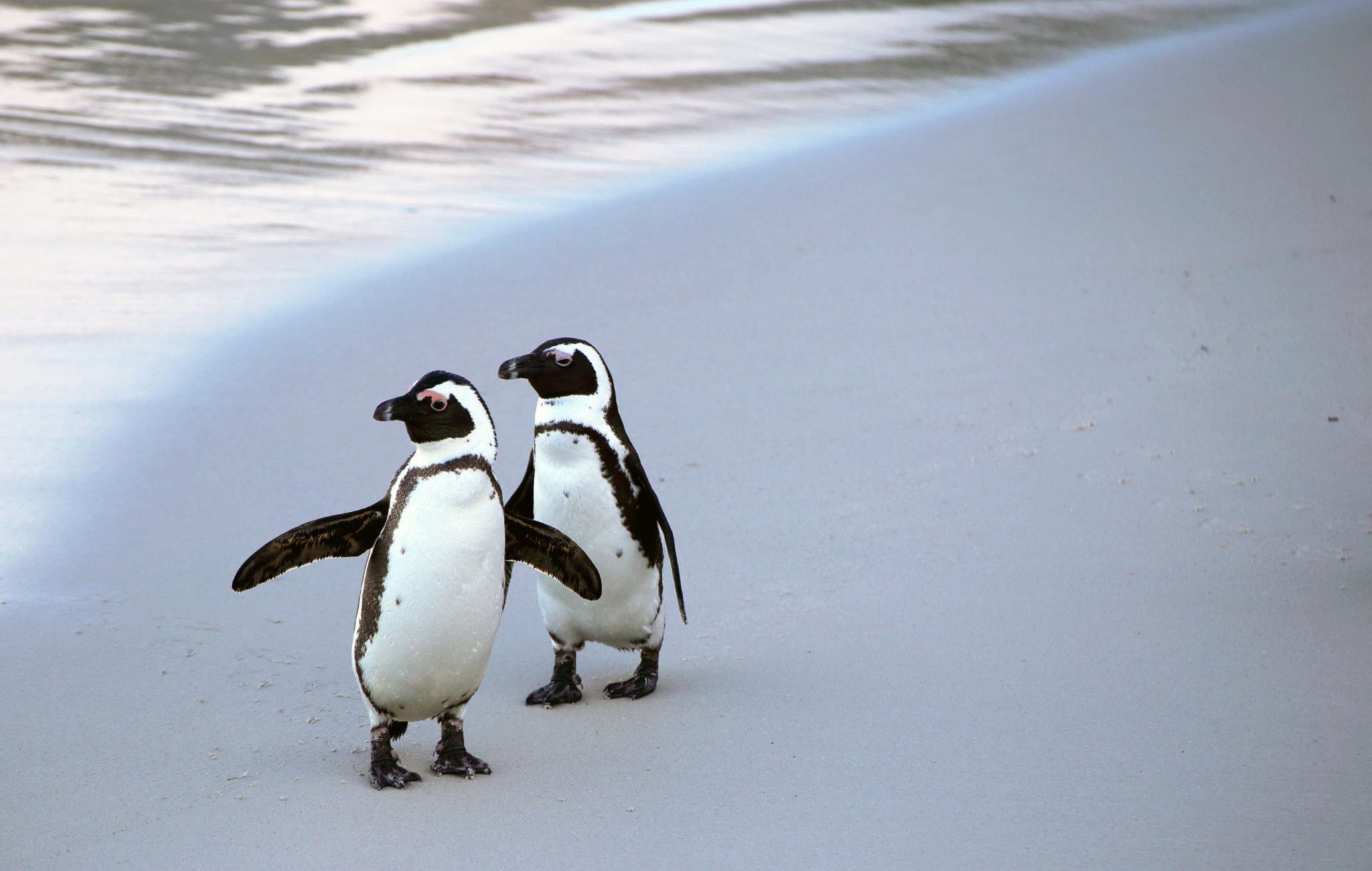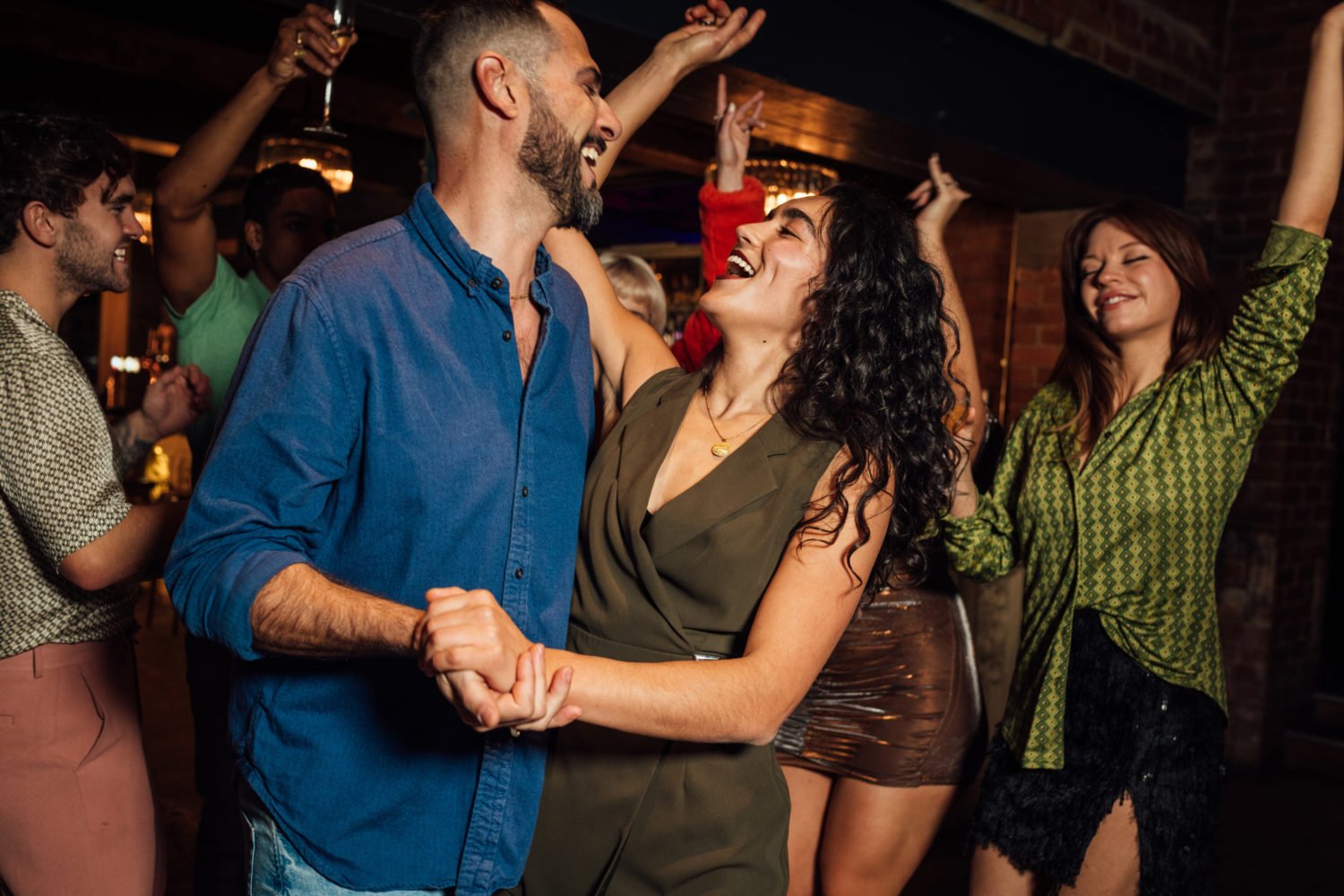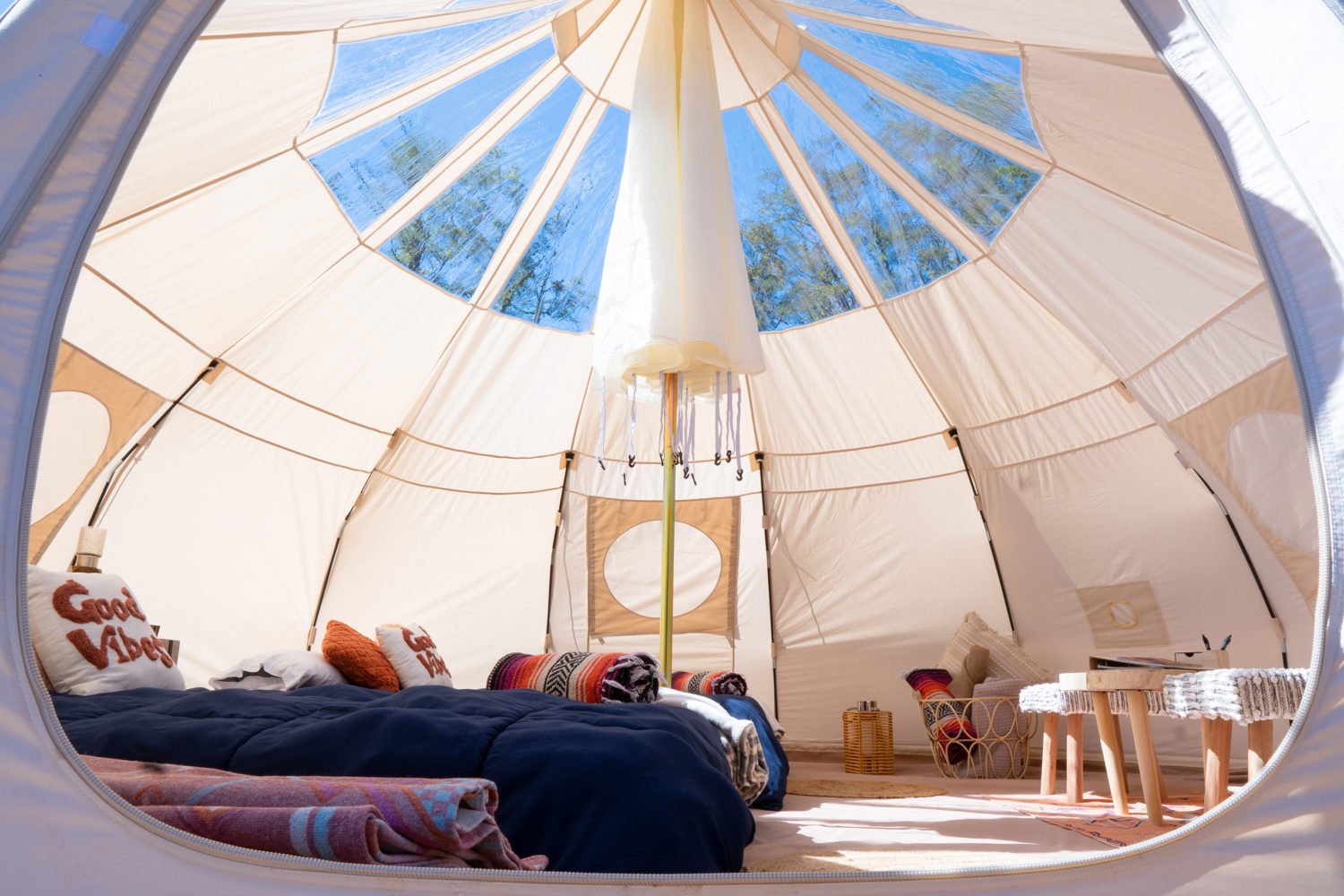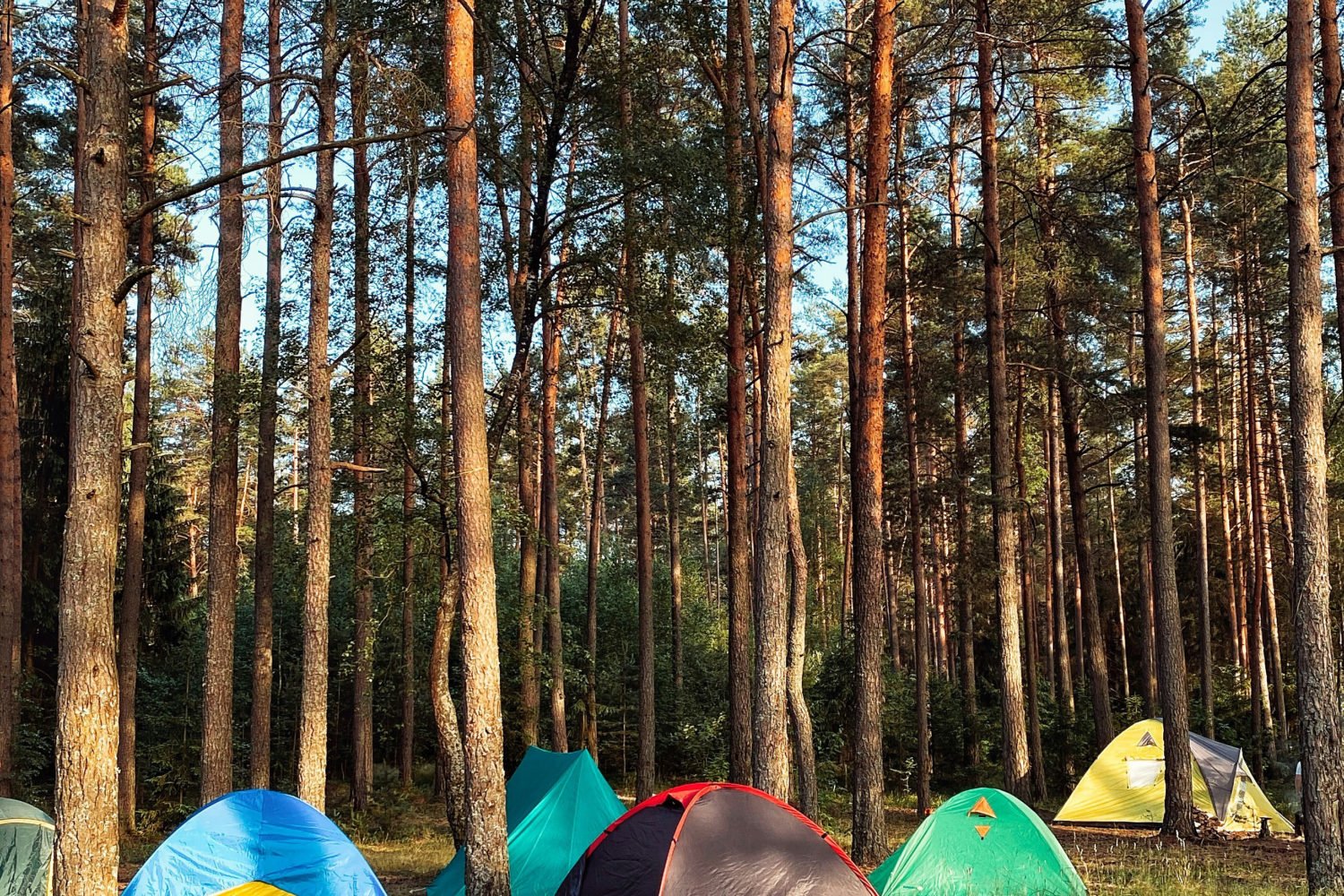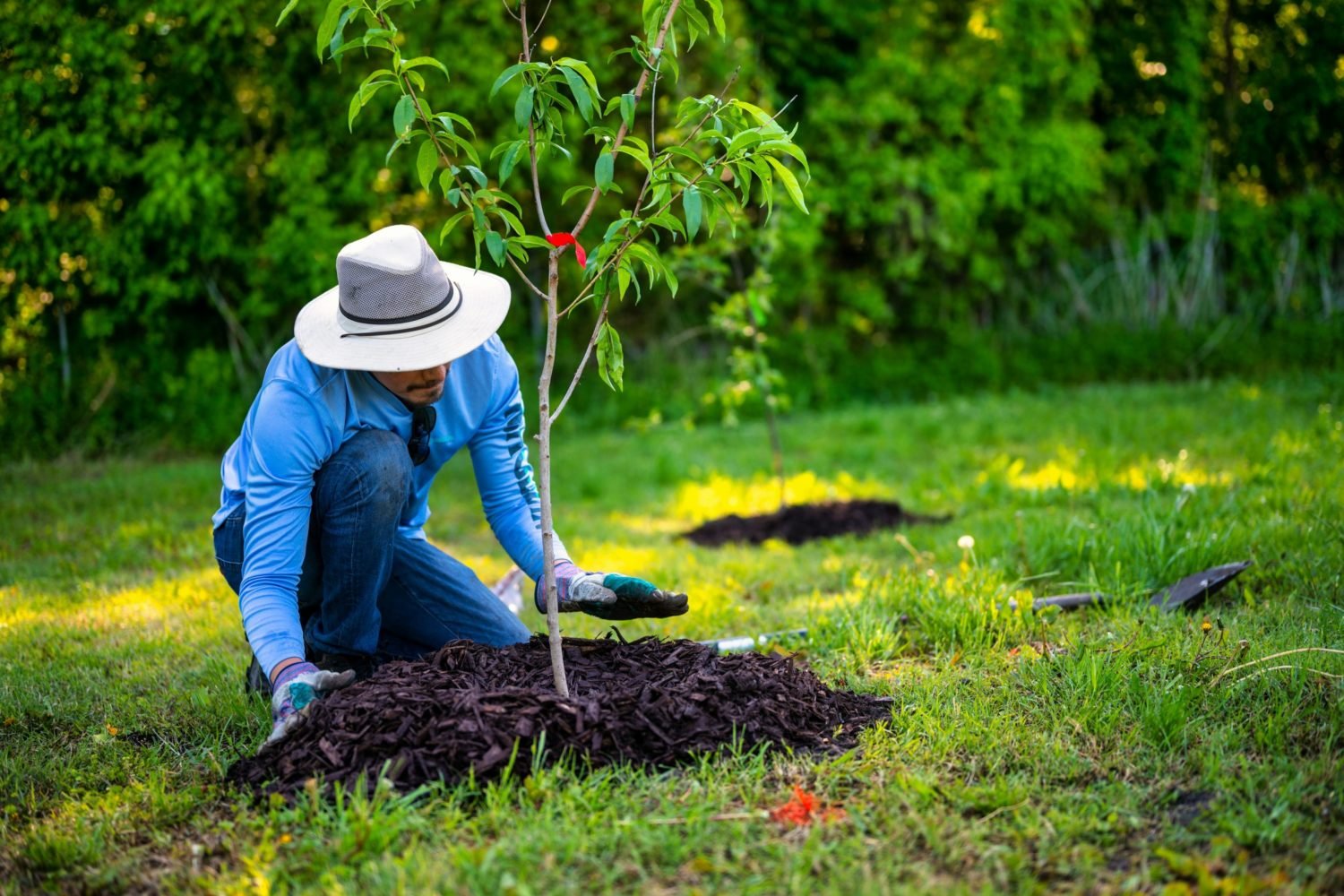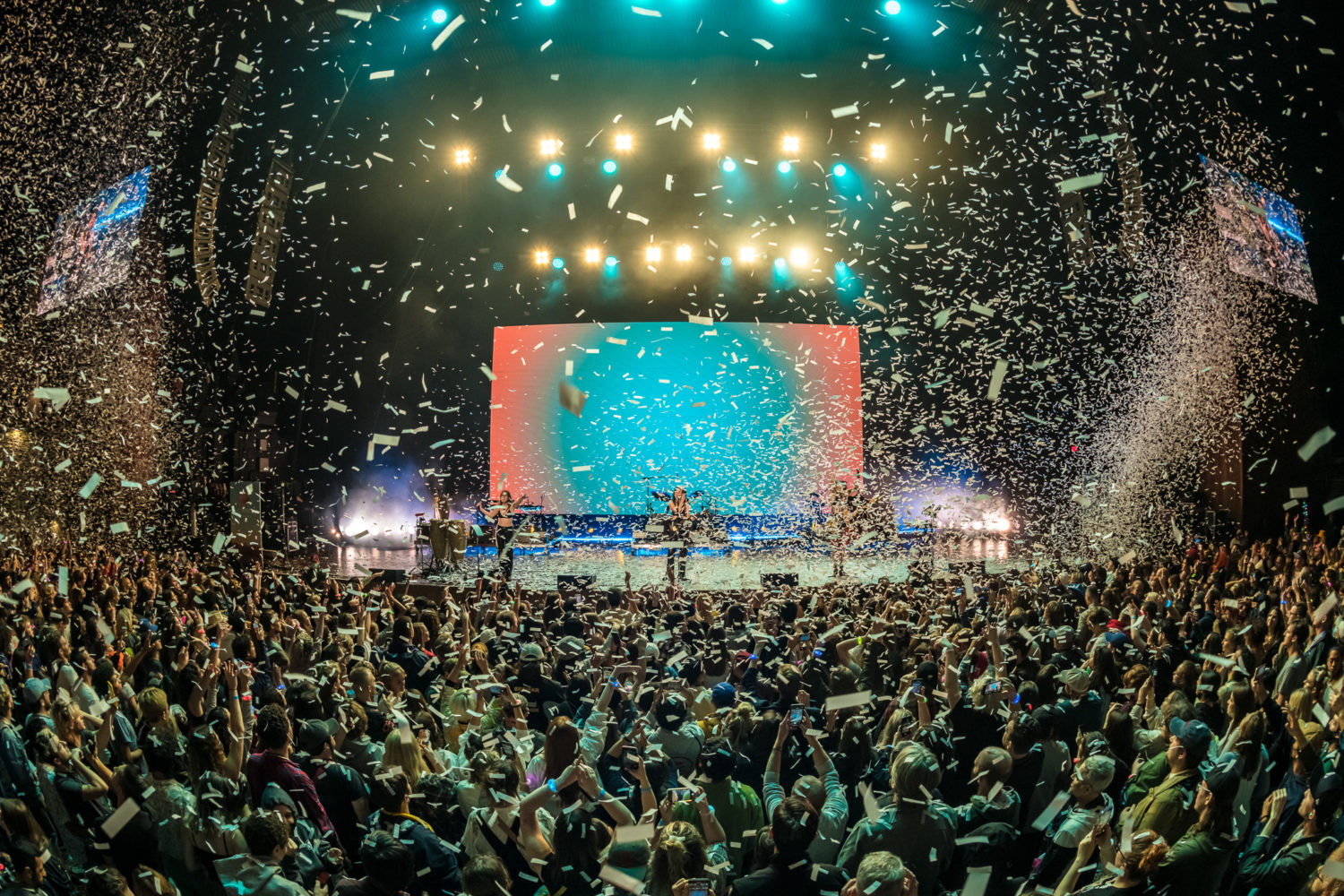Steve Sarro and I were having a normal conversation about penguin sex and then suddenly he blew my mind. We were discussing the Smithsonian’s National Zoo curator’s plans for present an “adults only” talk about penguin reproduction strategies at next month’s Woo at the Zoo, a Valentine’s Day tradition that this year features drinks, an ’80s dance party, and your choice of lectures—Sarro’s is called “Waddle I Do Without You: Penguin Speed Dating”—about how members of the animal kingdom knock boots. And then I had to ask about penguin monogamy.
“What does monogamous mean?” Sarro, who also coordinates the species survival plan for African penguins in North America, asked me, apparently rhetorically. “I don’t think there’s any such thing in any species.” Yes, African penguins are “technically” monogamous. But if a male doesn’t bring home enough fish, or a female keeps kicking out eggs, their pair-bonded partner may dump them: “From a genetic viewpoint, their spouses are losers,” Sarro says. Out they go.
Sarro was involved in a study of American robins that showed both supposedly monogamous partners were likely to be out “boinking some of the neighbors.” Their only concern was improving the chances that their genes would get passed on, and if cuckolding other robins helped, so be it. “The more scientists look at this stuff, they’re finding that there’s a lot of extramarital activity,” he says.
But aren’t there examples of same-sex penguin couples staying with one another for long periods? Oh you poor naïf. Penguins “are a social species; they like having a buddy around,” Sarro says. While they’ll usually pair off with a member of the opposite sex in the wild, population imbalances in captivity can nudge them toward finding a same-sex partner. (“They do breed; they take turns being on top,” he says.) Bob and Dave, a pair of males at his former post in the Baltimore Zoo, took over a nest box and even incubated an egg the curators provided. But then they got a recommendation to go breed elsewhere, they, like other “gay” penguins, quickly paired off with females. “I don’t like the anthropomorphism” of saying penguins can be gay, he says. “I think it’s just something that happens. Penguins want to be with somebody.”
Sarro plans to discuss topics like “Do Animals Have Beer Goggles” during his talk (answer: yes—in one of many examples Sarro can reel off, scientists attached an extra feather to a zebra finch’s forehead, “and the females went gaga over him”), as well as differing types of reproduction, like the zoo’s female Asian water dragon who produced offspring without a mate in 2016 (the miracle lizard later died of blood cancer).
What it mostly comes down to, for animals, is hormones. “The whole idea is getting your genes out,’ Sarro says, and making the most of any leadership position you gain, or, as he puts it: “You may not be the head wildebeest for all that long.”
Is there anything Washingtonians can learn from our wild cousins when it comes to dating? “Yeah,” Sarro says, “don’t be a penguin.”
Woo at the Zoo takes place Friday, February 14, from 7-10 PM. Tickets are $50 for FONZ members; $60 for everybody else.

